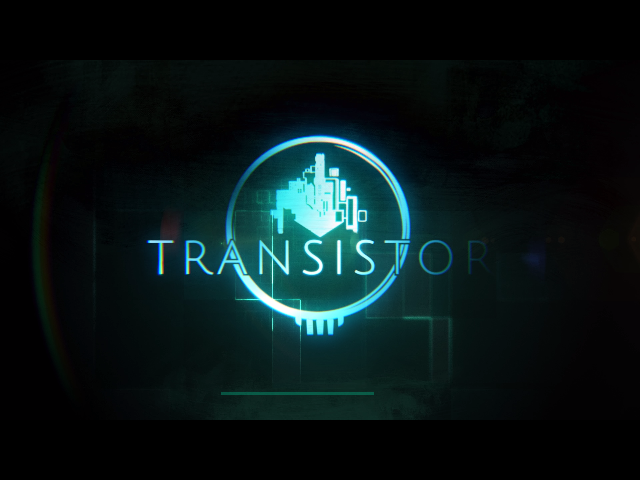Transistor
Transistor
|
Type |
Action RPG |
|
Single or multiplayer |
Singleplayer |
|
Developer |
Supergiant games |
|
Publisher |
Supergiant games |
|
Fun |
4/5 |
|
Difficulty |
3/5 |
Transistor is a game that comes from the same developer as Bastion, and if you have played Bastion, you know what to expect. If you haven’t, don’t fret; Transistor is good enough to hold its own against the more than decent predecessor game.
Just like Bastion, Transistor is an isometric RPG. The cyberpunk environment of the game is beautifully made, with colorful backdrops and vibrant levels. The main character is a human, but the enemies she faces are well designed robots under the collective name of Process.
The soundtrack to the game is fine, although forgettable. Where the game shines, however, is at voice acting. The actor who borrowed his voice to the Transistor is Logan Cunningham, the same baritone who was in Bastion, and his narrator performance here stands out again.
As previously mentioned, you control a female hero in an isometric view, wielding a large USB drive-looking sword, the titular Transistor. You will face enemies in real time in battles, or in turn-based planning mode. You can switch between them at will. Planning attacks is by far the most fun this game offers.
All the attacks that you can use are classified as Functions of the Transistor. You have a limited number of moves during your turn, and it’s up to you to find the best combination of Functions for maximum damage or advantage. For example, the Blast Function does what its name suggests - explodes. However, if you combine it as a secondary Function to a Bounce attack, every bounce will have an area-of-effect splash damage. The difficulty can be a bit frustrating at times, but that was mostly due to me trying out an insane combination, rather than focusing on getting a highly efficient one.
The Functions themselves are collected throughout the game, mostly from fallen enemies and bosses, and represent different styles of attack – from a straight line or chain attack, to summoning allies and charming enemies. Using them in a primary or secondary position also uncovers bits of lore of the game world. This mechanic of discovering and combining different powers and using them immediately kept the game fun until the end, and I enjoyed it thoroughly.
The story is unique and not very predictable, although not too clear either. By the time the game was over, I could only guess the answer to a few questions I had, and a short Google search confirmed my suspicions. It could have been clearer from the beginning. The game has its moments, it definitely has more than enough lore, but hiding these pieces of information or making them purposefully obscure just seems like a waste of good storytelling.
The main character, Red, presumably named after the color of her hair, is a singer in Cloudbank, the cyberpunk city. One night she is attacked by somebody with the Transistor “sword”, but survives by falling through a window. The Transistor falls next to her, killing a man, and trapping his personality, and her voice, inside itself. It’s now up to Red to discover who wanted her dead and why. The obvious suspect is the Camerata, the group which controls the Process robots.
Now, in this day and age, I can definitely understand why seeing a character destroy robots is certainly better than gutting humans, but the lack of other live human beings in the game is kind of disappointing. The very few times they do appear it’s refreshing. There are virtual dogs, though, and you can pet them and summon them to your aid.
All in all, Transistor is definitely an interesting game. I can recommend it as a fun experience, especially if you like the cyberpunk aesthetics. So play Transistor, and go with the singer with the blood red hair on a quest to find your voice and uncover a conspiracy.






Comments
Post a Comment